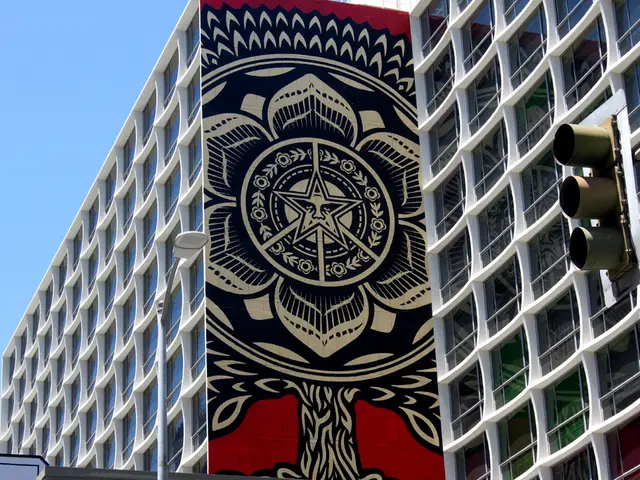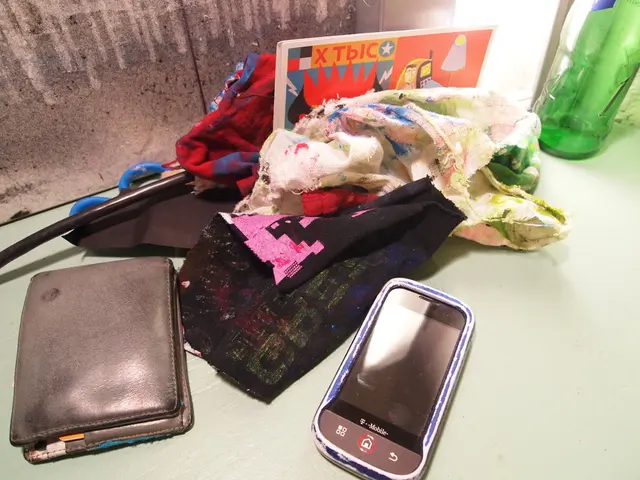White House Vulnerable to Potential Threats Posed by Starlink
A Troublesome Connection: Starlink Puts White House Security at Risk
Welcome to the Cafe of Unfiltered Info! Today, we're diving into the Starlink saga, as it puts a spotlight on security concerns at the White House.
In a rather questionable move, Elon Musk's Starlink system was installed in the Eisenhower Executive Office Building, next to the White House, back in February. To the dismay of staff, guests can seamlessly connect to the Wi-Fi, creating a potential Pandora's box of privacy and security issues. The destination of the data remains uncertain.
According to a report by the "Washington Post," ignoring crucial security issues was not uncommon for the Doge department and the Trump administration. Apparently, representatives of Doge installed a Starlink terminal on the roof without informing the White House Communications Agency. This raised concerns as the agency can't monitor the connection, leaving the complex vulnerable to data leaks or possible hacker infiltration.
As for Elon Musk's current role in the White House, it's unclear whether the terminal will stay or go. Ever since February, a "Starlink Guest" Wi-Fi access point, with just a password for use, has been in place.
The Secret Service, however, seems unperturbed, stating that they weren't considering it a security incident or breach. Standard White House guest Wi-Fi phones usually require names and passwords, but Starlink connections, apparently, don't play by those rules. This allows devices to potentially leave the network and bypass security measures[1].
The Long and Short of It
Starlink, ingenious as it is, doesn't require logging or tracking, unlike the strict cybersecurity measures in place for White House devices[1][2]. This could allow devices to leave the network and communicate with the outside world, bypassing most security systems. The system, if not properly monitored, could expose sensitive data to hackers, adversaries, or those harboring harmful intentions[3].
Stephen F. Lynch, a top Democrat on the House Oversight Committee, voiced concerns about the potential risk to national security. If the Starlink system isn't managed carefully, it could undermine our security by making sensitive information accessible to unwanted parties[3].
Interestingly, the system is also being used in other agencies, such as the National Labor Relations Board and the General Services Administration, according to the "Washington Post"[4]. But why this sudden reliance on Starlink for communication is not entirely clear[4]. Some reports suggest Doge's attempts to access data in numerous agencies, even using AI, and disabling logging to ensure their work remains undocumented[4].
Sources:[1] ntv.de[2] Washington Post[3] Washington Post[4] New York Times[5] Washington Post
Key Insights:- Lack of oversight and notification during installation led to initial security risks.- The system's bypass of traditional cyber protocols could allow unauthorized data access.- Weak authentication and unmonitored communications create a greater risk for unauthorized access and data breaches.- Untracked communications make it difficult to detect espionage or cyberattacks.- Satellite connections like Starlink are more susceptible to interception and can potentially expose sensitive data.
The Commission, being involved in the draft directive on the protection of workers, might want to consider the risks associated with untested technologies, like Starlink, that compromise security protocols, as shown by the recent incident at the White House.
In the realm of politics and general-news, the incident highlights the need for proper oversight and protocols in the implementation of new technologies, especially those related to communication and data transmission.







